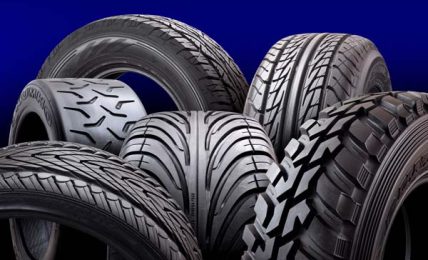 Car shopping is fun. You get the opportunity to browse a dealership’s inventory, do a little fantasy car “shopping” and go out on fun test drives. In the end, you get to negotiate a (hopefully) good price with the dealership’s salesperson. Once all of this is over, though, you should not content yourself with signing the paperwork. Relaxing will be a big problem at this point, because unless you are paying cash for your new car, you will be soliciting lenders for a car loan.
Car shopping is fun. You get the opportunity to browse a dealership’s inventory, do a little fantasy car “shopping” and go out on fun test drives. In the end, you get to negotiate a (hopefully) good price with the dealership’s salesperson. Once all of this is over, though, you should not content yourself with signing the paperwork. Relaxing will be a big problem at this point, because unless you are paying cash for your new car, you will be soliciting lenders for a car loan.
When getting car loans, you should approach them with the same negotiating edge that you did when working with the salesperson. You should push them to lower rates, try to convince them to incentivize and play them against each other. That’s right: No matter what the dealer’s financing office says, they are not the only-or best-vehicle financing resource available, so you should solicit all car financing institutions and play them against each other to get the best deal for you. In order to accomplish this goal, though, you have to know where to go; that is why we have compiled a list of the types of companies that you should approach for car loans.
Dealer Financing
As soon as you shake the car salesperson’s hand, he or she will direct you straight to their financing office. Here, they will let you know which of their rates for car loans that you qualify for. Be wary, though, because just like the salesperson who tried talking you into that “premium” car audio package, the dealership’s pushy, commission-based loan office will try to upsell you. Sometimes their add-ons will work for you. Most of the time, though, they will be unnecessary expenses, so before you line the loan officer’s pockets with extra cash for that extended warranty package, make sure that it does more than your car insurance. Also, because people tend to let the process stop at their office, they usually have poor financing rates.
Big Banks
If you go to a big bank for a car loan, they won’t try to upsell you on any additional products. They can also provide expert advice about your car to determine whether or not you are paying a reasonable price. Also, in order to attract customers, they offer competitive rates for your loan. The main drawbacks to dealing with a big bank are that their size limits the flexibility of their loan options and that you don’t always get a personalized customer service experience.
Small Banks and Credit Unions
The biggest upside to smaller banks and credit unions is that they NEED your business. Getting a loan from these institutions normally have the lowest rates. Also, like big banks, they won’t try to upsell you on any unnecessary car-related products. Their main drawback is that their small size is less convenience. Many small banks and credit unions, for example, may not have an online payment option for car loans; this means either mailing them a check or showing up to their office in order to pay your bill.
Home Equity Car Loan Institutions
You can get these types of loans from most banks and credit unions. Like normal loans, these kinds of loans come with low rates and no add-on pressure attached. The interest on home equity car loans is also tax deductible, so you could be in for some huge savings. Like any other home equity loan, however, these loans are attached to your home. In other words, not being able to pay for one of these car loans means losing your car and your home. Don’t make that happen – visit the experts at CanadaDrives.ca for more financial options.



